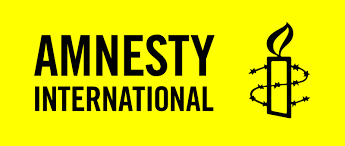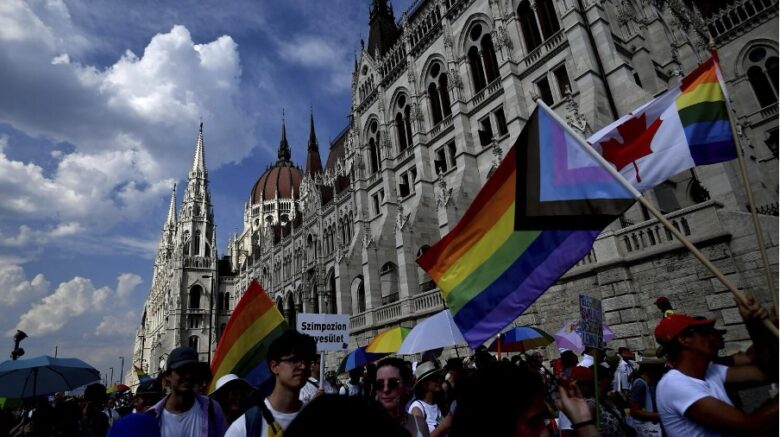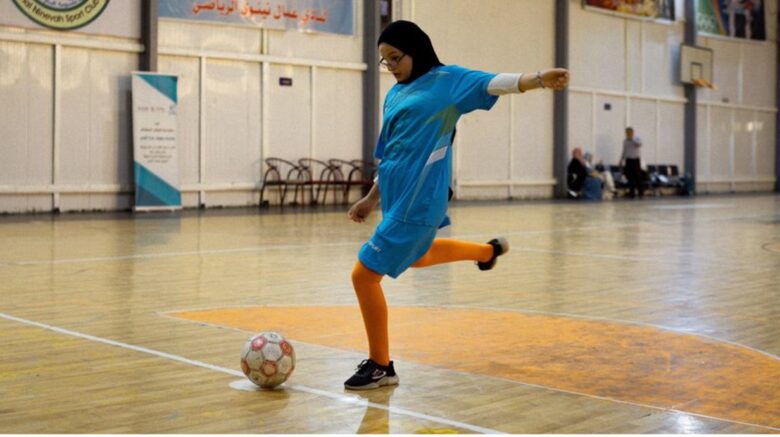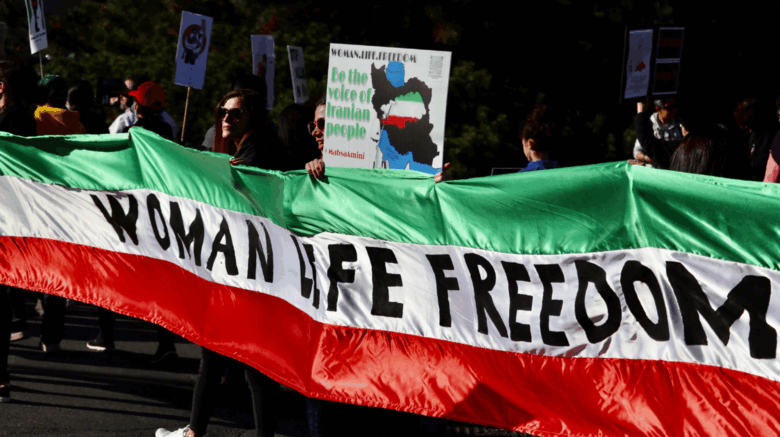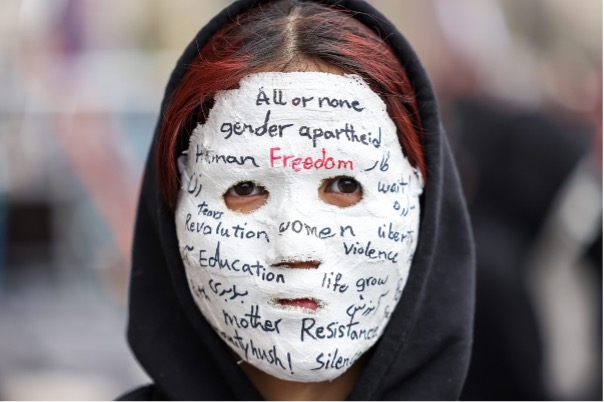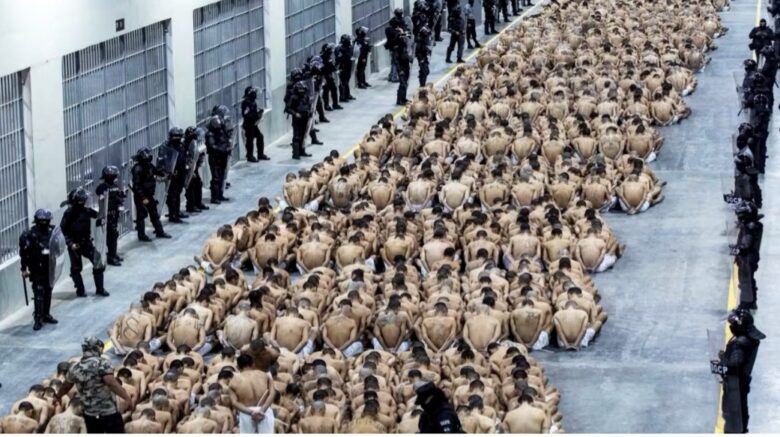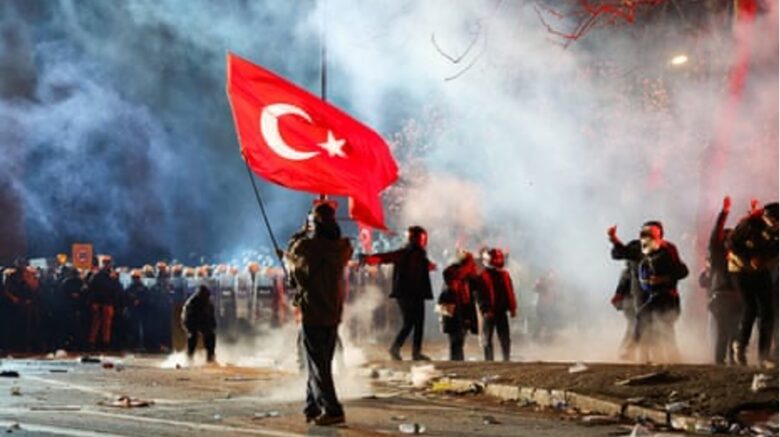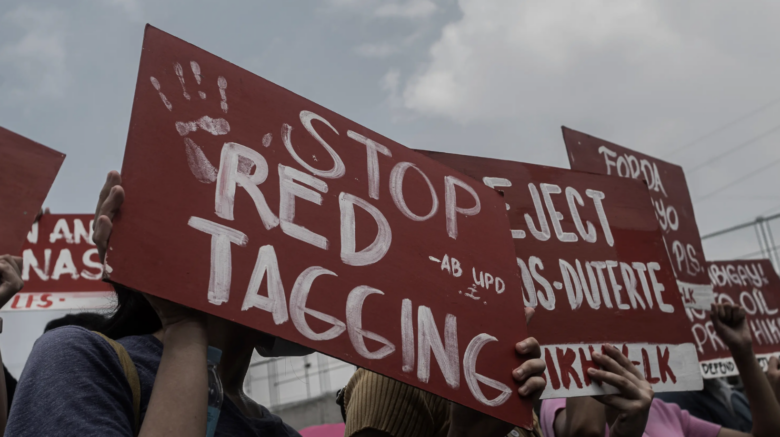AUTHOR: Caterina Loreto When Ireland introduced the Direct Provision system in 2000, it was pitched as a short-term solution, an emergency measure to house people seeking asylum. Fast-forward more than two decades, and this “temporary” system is still in place, still heavily criticised, and still failing many of the people it was meant to protect. What began as a stopgap …
Ireland’s Direct Provision System: 25 Years Later, Still a Temporary Solution?

